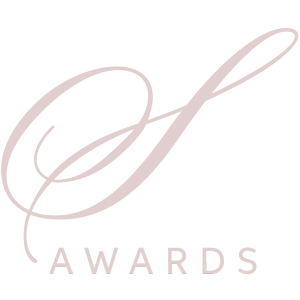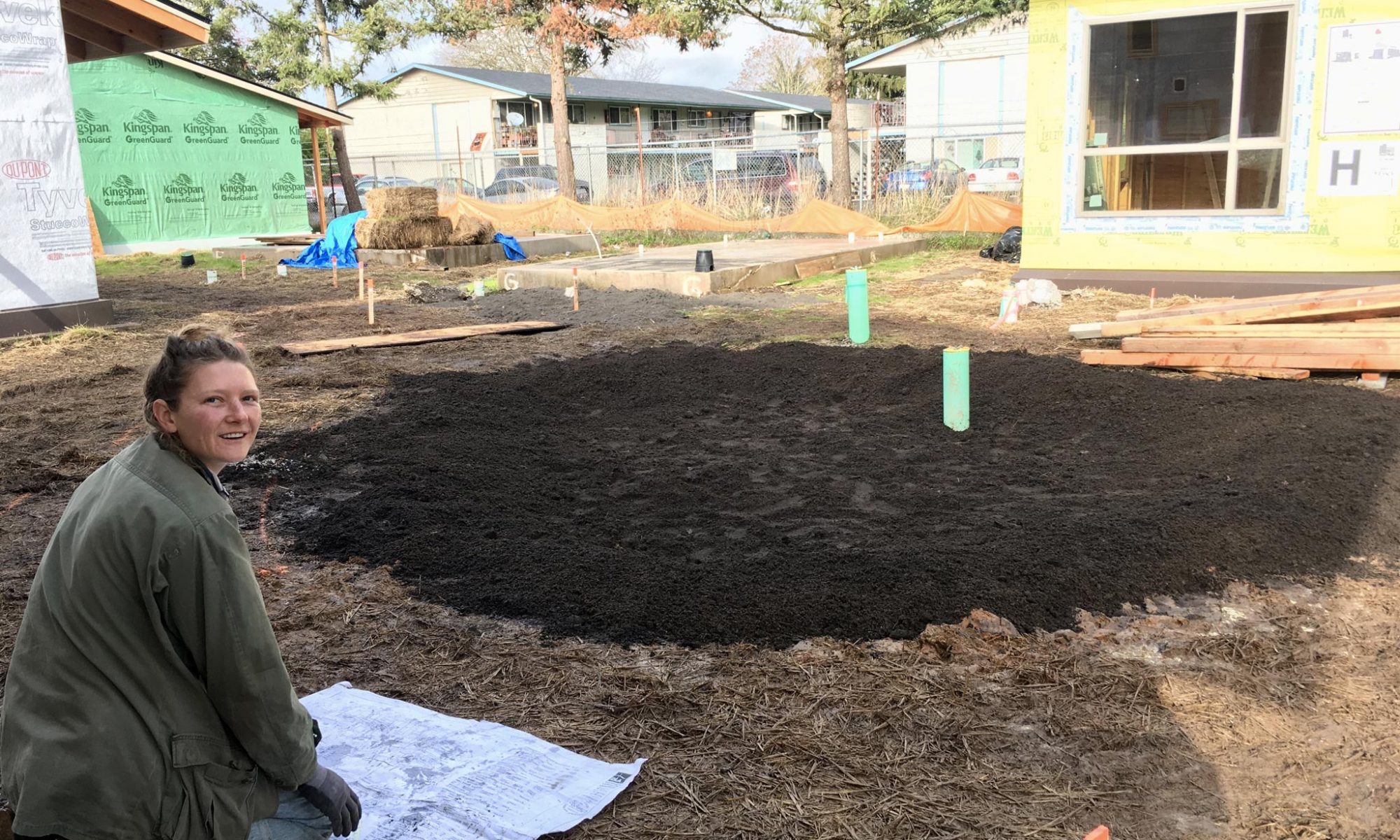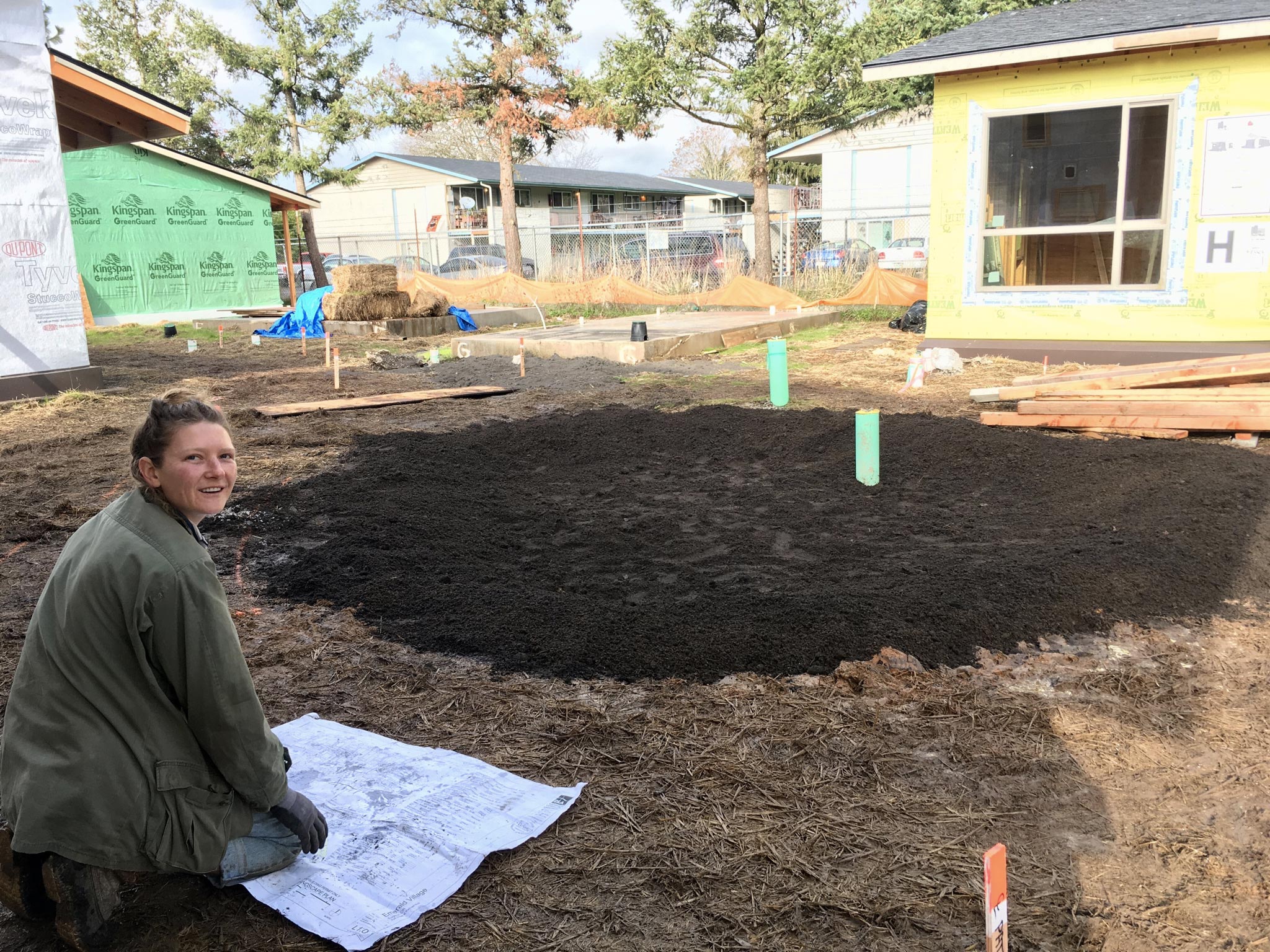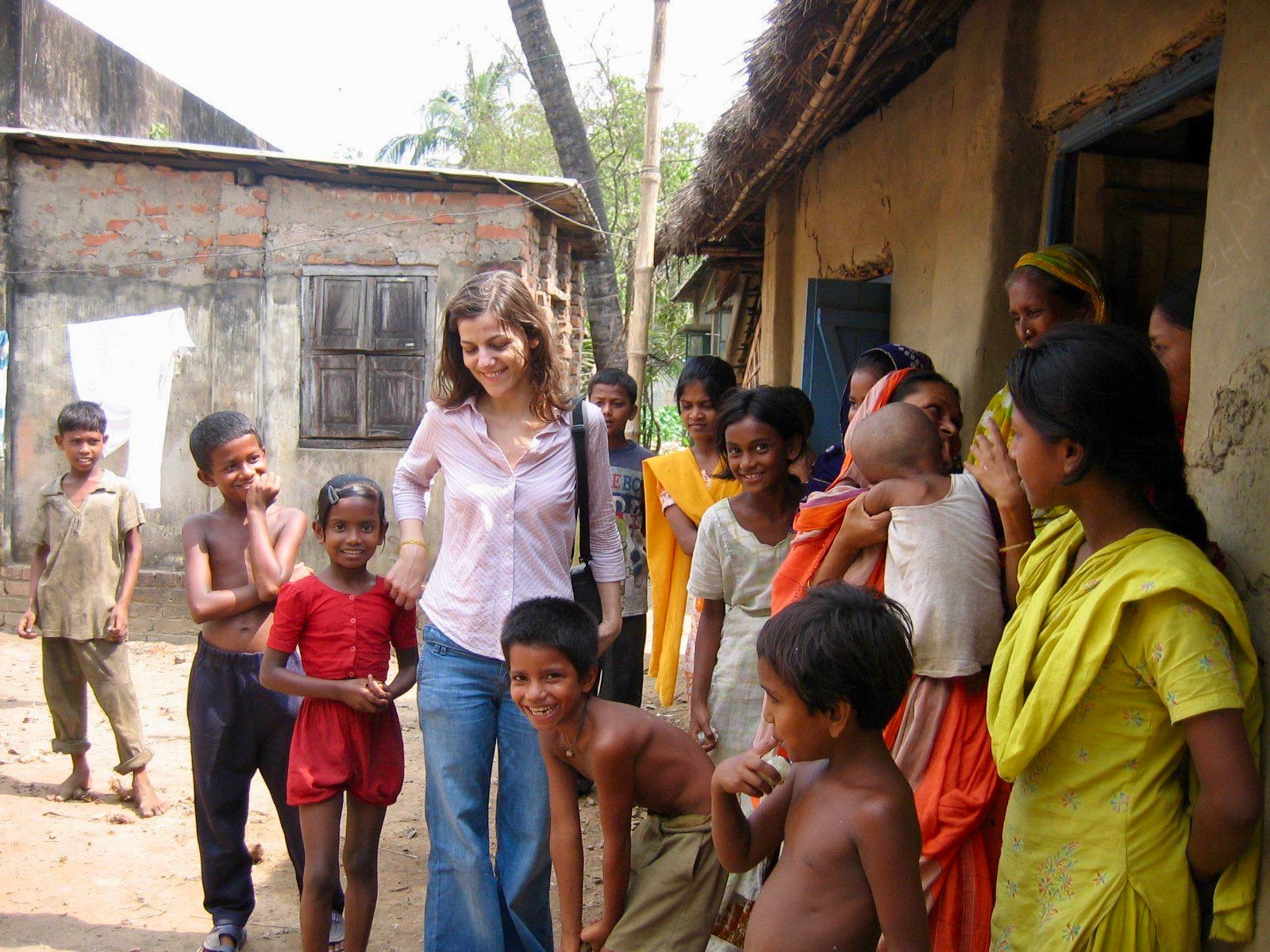
CHRISTINE JANIN - FOUNDER, À CHACUN SON EVEREST!
À Chacun Son Everest! is an Association founded in 1994 by Christine Janin, a mountaineer doctor and the first French woman ever to climb Mount Everest and to go the North Pole. The association is dedicated to helping children suffering from leukemia or cancer and women suffering from breast cancer by guiding them in the post-disease phase, putting together trips to the mountains for people in recovery.
Christine, what is your background?
I am a mountaineer doctor. Medicine has taught me everything. I was able to climb Everest a few years ago and learned so much from that experience. From there, I met wonderful people who encouraged me in thinking about the difficulties that I encountered when trying to climb Everest; and the parallel with disease. This is why I decided to found À Chacun Son Everest!.
Tell us more about À Chacun Son Everest!
I committed myself to this cause 25 years ago and it has been such a strong message for women and children suffering from cancer. Their individual journeys are completely different from each other, but they are also their personal Everest, and we guide them through the descent. This is a complicated phase because everything has changed for them. Their self-image has changed, and how others see them is different: they seem stronger and brave, but this is not that obvious. This is why guiding them through this post-treatment phase is so important. We build teams of up to 16 people, including doctors and nurses. It demands a lot of organization, just like a huge mountain climbing party roped together.
What do you offer through your organization?
Since 1994, we have put in place one-week stays for children suffering from cancer, in Chamonix in the French Alps. Our ambition is to help them become stronger than ever through walking, climbing, and meeting with kids in the same situation. For the association’s 20th anniversary, we decided to open up to women suffering from breast cancer. Generally speaking, our stays rely on kindness. They involve many laughs and some cries. We offer physical activities such as walking and yoga, as well as more spiritual moments like meditation and sophrology classes. Lastly, we provide psychological support as our goal is to help regenerate the soul. Doctors and treatments have cured their bodies, while we cure their souls. We want to make sure that they leave Chamonix proud and free from what they went through. In total, since 1994, we have welcomed 4,561 children and 1,200 women.
How do you feel about winning the Simone Awards?
I am so touched by this award. For me, this is a powerful recognition of our work. On the one hand, it shows the value of what we have put in place for the children and the women; and on the other hand, it is a true appreciation of the people involved in the association. These people are entirely committed and proud to be part of this adventure. This award is a real gift for all of us. You are giving me a prize, but I see it as a way to thank these amazing people. I am honored, as well, to win this prize alongside other women on an international level.
How will the Simone Awards contribute to À Chacun Son Everest!’s mission?
The prize will enable us to welcome these women and children in a safe environment and provide good working conditions for our team. We provide these “restorative” stays which can be seen as the last nudge in the recovery process. We help them transform their disease experience into a strength, and find this energy to live and not feel alone anymore. Some of our guests have told me that through the disease and their recovery, they were able to take back control of their life. I like to say that the disease forces people to stop for a while, let go of the things they don’t want to do anymore and switch to a better life.








